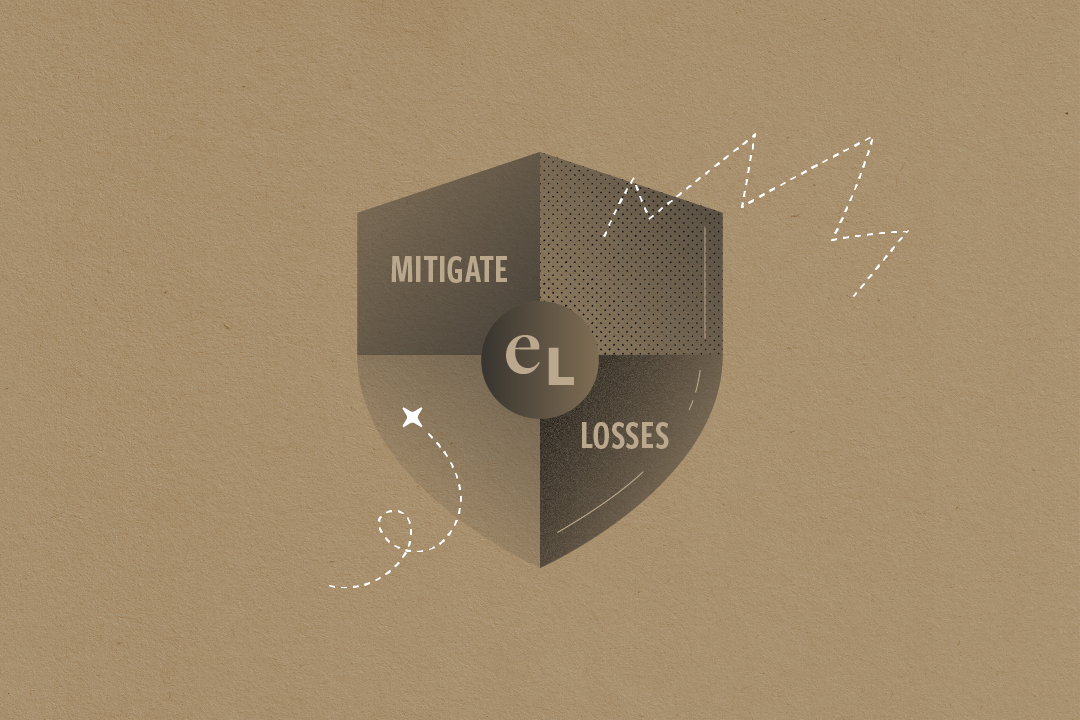If someone does something wrong to you and you suffer damage, you have a right to compensation to cover that damage. The damage could be personal injury, loss of property or economic loss. When this happens, the law requires you to reduce your losses. This is the duty to mitigate losses.
What is the duty to mitigate losses?
The duty to mitigate losses is the obligation upon a person who sues another for damages to reduce their damages. The duty is not to prevent the other person from causing you losses (that would be hard if not impossible in many cases). All that is required is that you take reasonable steps to reduce your losses. Basically, if you suffer from losses because of someone else, you cannot just sit on your hands and do nothing.
Examples of the duty to mitigate losses
A good example is a lease. A landlord may suffer losses if the tenant vacates before the end of the lease. The landlord will usually have a right to sue to the tenant for breach of the lease. The losses will usually be lost rent under the contract. It would be reasonable for the landlord to get another tenant into the premises as soon as they can to mitigate their losses. They could then sue the tenant for any time they received no rent and for the costs associated with getting a new tenant.
Another example is a contract for work to be completed. A builder is contracted to complete a job for $10,000.00 over a 4 week period (at $2,500.00 per week) by a home owner. After 2 weeks, the home owner decides to cancel the builder’s contract for no valid reason. The builder is owed $5,000.00 under the contract. The builder has a right under the contract to the outstanding $5,000.00. However, the builder has a duty to try to find another paid job during the outstanding weeks. This is reasonable.
As you can see, the duty of mitigate is common sense. If you suffer losses, you do what you can to minimise it.
When does the duty apply?
At law, only if you claim damages off another. If you are claiming damages, you do not need to show that you mitigated your losses. It only becomes an issue if the party you are suing claims you did not mitigate your losses. They may do this to limit the amount of damages they owe you. Don’t forget, if not for their breach, there would be no losses in the first place!
How onerous is the duty?
Not overly. All a party needs to do, is what is reasonable in the circumstances. A party does not have to go beyond what is reasonable and suffer further losses just to spare the person in the wrong. The same principle applies to insurance claims.
Further reading

elringtons lawyers regularly provide legal advice in relation to a range of commercial matters. Please contact our Litigation and Dispute Resolution Team for more information or to make an appointment call (02) 6206 1300













